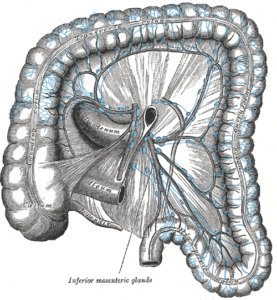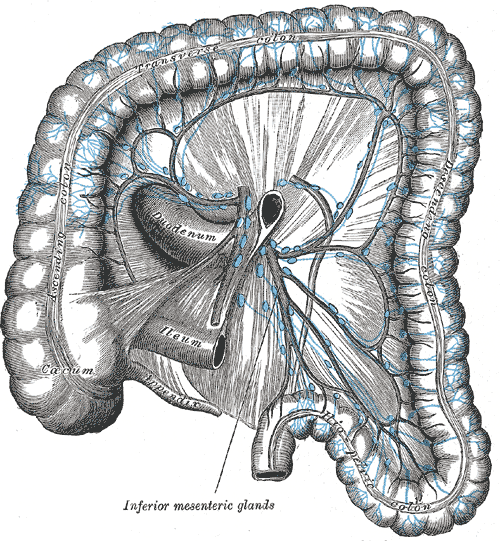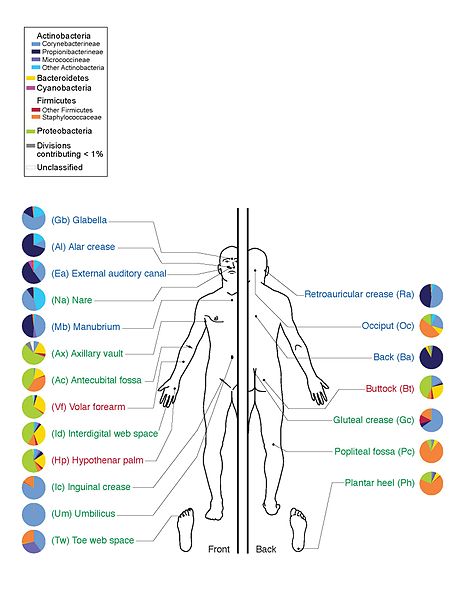Probiotics Aren’t Just For Pooping
The microbial revolution has begun! After teams of brilliant scientists completely mapped out the human genome, they were shocked at what they DID NOT find. The expectation was that once we decoded our DNA, we would be able to identify and treat specific genes to solve an abundance of diseases. What they found was not so “simple”. They were left with more questions and the answers are coming from the most unexpected little friends.
“Probiotics aren’t just for pooping” I said, and my husband laughed and told me I needed to write a blog. Here it is!
Advancements in research in the area of the microbiome have been absolutely phenomenal in that last decade. Microbial medicine is currently one of the biggest areas of medical research and advancement. It is such a rapidly growing area of study and there is something new and exciting every week! Ok, maybe I’m a little too into it, but seriously, it’s pretty awesome.
The number of bacteria in our bodies vastly outnumbers our own cells. Our internal chemical environment is mediated by these little critters (as well as other microscopic viruses, fungi, and parasites). From the moment we are born (and possibly even before), our microbiota exposure has a direct and major impact on our health. Here is a quick and dirty overview of some of the dots that are being connected by this interdependent relationship.
Probiotics for Gut Health

Probiotics for Immune System Health
This is BIG deal. Considering the personal and national impact of autoimmune and other immune system related disorders, our current health model is pretty good at alleviating acute symptoms, but is falling short in long term management. This is an area where functional medicine, lifestyle, and nutrition are really starting to shine and probiotics are playing a critical role in those miracles. The bowel-associate immune system contains the largest mass of lymphoid tissue in the human body, known as GALT (or Gut-Associated Lymphatic Tissue). Not only have probiotics been shown to modulate both innate and acquired immune responses through a variety of direct influences, but the healthy bacteria also play an important role in education the developing immune system of an infant. Probiotics can significantly reduce the incidence of respiratory tract and other infections (with studies both in adults and children). They play a role in the clinical treatment of atopic diseases (asthma, allergies, and eczema) and are emerging as a critical player in autoimmune disease. They have even been found to augment vaccine responses (Davidson), which is a fascinating rabbit hole to go down. One of my favourite findings in this area is that certain probiotic strains taking during the last trimester of pregnancy may actually reduce the risk of atopic and autoimmune conditions in infants. So exciting! But I could write a whole book on this topic, so let’s move on.
Probiotics and your Brain
Ok, I might have a hard time picking a favourite between the immune system and the nervous system. Developmental nervous system function is kind of my jam. There is a whole class of microorganisms emerging in the new field of Psychobiotics. Some pretty fancy research is being done using functional MRI showing favourable altered function in areas of the brain controlling emotional processing (specifically strains of B. animalis, Strep thermophilus, L. bulgaricus, and L. lactis). It doesn’t take a large dose of intuition to connect the brain and the gut for those who experience anxious bowels and other gut symptoms of stress or anxiety. Specific probiotic strains are being studied for the impact that they can have on specific neurotransmitter imbalances, including serotonin, melatonin, dopamine, and GABA, with obvious implications for depression and anxiety. Probiotic use for affective disorders is almost not as shocking as the connections being make on a neurodevelopmental front. Though certainly a very complex field, dysbiosis is very commonly found in children (and adults) with neurodevelopmental concerns. Again, I could go on for days, so let’s leave you with that little teaser.
I honestly can’t even begin to attempt to include all of the roles that probiotics and microbiota support play in our lives and our health. I haven’t even talked about how they influence inflammation and genetic expression and we haven’t even touched on the birth perspective and early infant development! I will probably have to write a separate post for that one. Probiotics are also being studied for their potential in impacting cardiovascular disease, diabetes, oral disease, neurodegenerative diseases (like Alzheimer’s) and even obesity, but those aren’t really my area of expertise so I will let those smarter than my field those ones. I hope you enjoyed my (attempted) brief dork-out session and I hope that it helped expand your understanding and view of the impact that probiotics can have for you and your family.
I trust that you can appreciate that simply adding Activia just doesn’t make the cut. I love that I am hearing more and more of medical providers encouraging probiotic foods and supplements for their patients after antibiotic use. This is encouraging, but it really just scratches the surface of the level of depth and specificity that we can wield to support whole person health. If you interest is peaked and you want to learn more, I have a couple book suggestions below. Otherwise, I would recommend connecting with a health provider (whether, MD, DC, ND, RD, or whatever) who is as dorky as me and is regularly investing in upgrading their knowledge in this area so that they can pair with you to customize your approach toward optimizing your unique microbiome. It’s an impossible task to keep up with it all, but it is fun and exciting! And the impact that it can have is tough to parallel. I hope you and your trillions of little friends have fun getting to know each other.
Book Suggestions
Brain Maker by David Perlmutter
The Second Brain by Michael Gershon
References
I did not have the time to go through and add all the specific references for each line in this post, but if you want to start doing some deeper digging, here are some references to get you started.
- Benton D, et al. Eur J Clin Nutr. 2007;61:355-61.
- Davidson LE, et al. Eur J Clin Nutr. 2011;65:501-7.
- de Morais MB and Jacob CM. J Pediatr (Rio J) 2006;82(5 Suppl):S189-97.Gill HS and Guarner F. Postgrad Med J 2004;80:516-26.
- Gleeson M, et al. Int J Sport Nutr Exerc Metab. 2011;21:55-64.
- Hempel S, et al. JAMA. 2012;307:1959-69.
- Johnston BC, et al. Cochrane Database Syst Rev. 2011 Cochrane Database Syst Rev. 2011;(11):CD004827.
- Liu D, et al. Medicine (Baltimore). 2016;95:e3342.
- Makino S, et al. Br J Nutr. 2010;104:998-1006.
- McFarland LV. Am J Gastroenterol 2006;101:812-22.
- Messaoudi M, et al. Br J Nutr. 2011;105:755-64.
- Morrow LE, et al. Am J Respir Crit Care Med. 2010;182:1058-64. 39.
- Rao AV, et al. Gut Pathog. 2009;1:6.
- Salminen S. Scand J Nutr 2001;45:8-12.
- Soderholm JD, Perdue MH. Am J Physiol Gastrointest Liver Physiol. 2001;280:G7-G13.
- Tillisch K, et al. Gastroenterology. 2013;144:1394-1401.
- West NP, et al. Clin Nutr. 2014;33:581-7.



